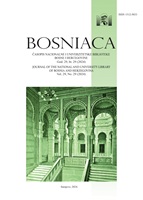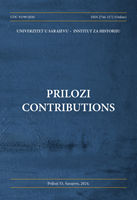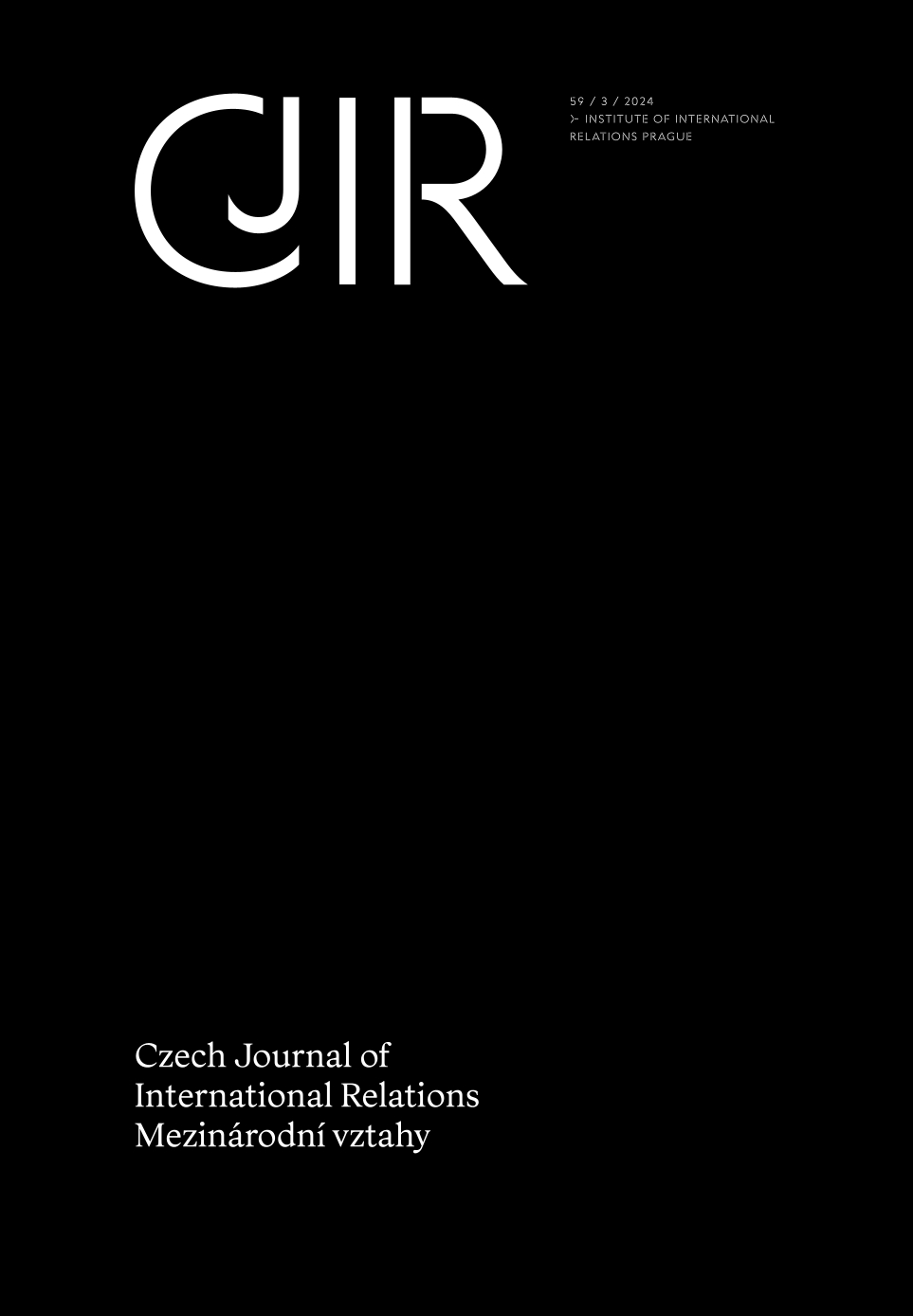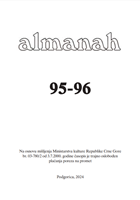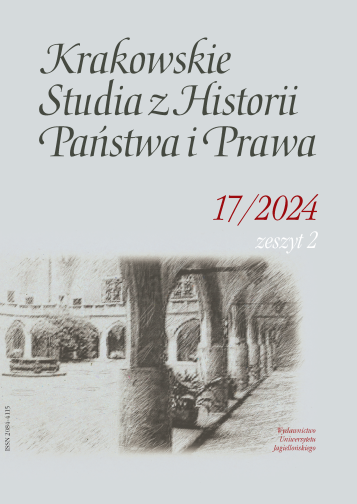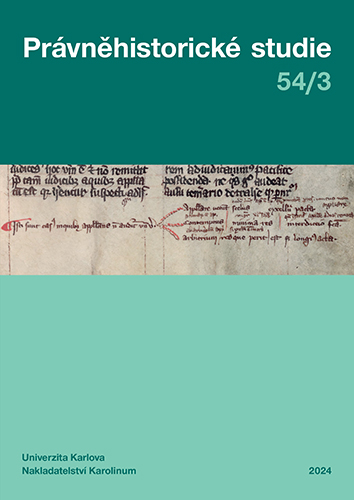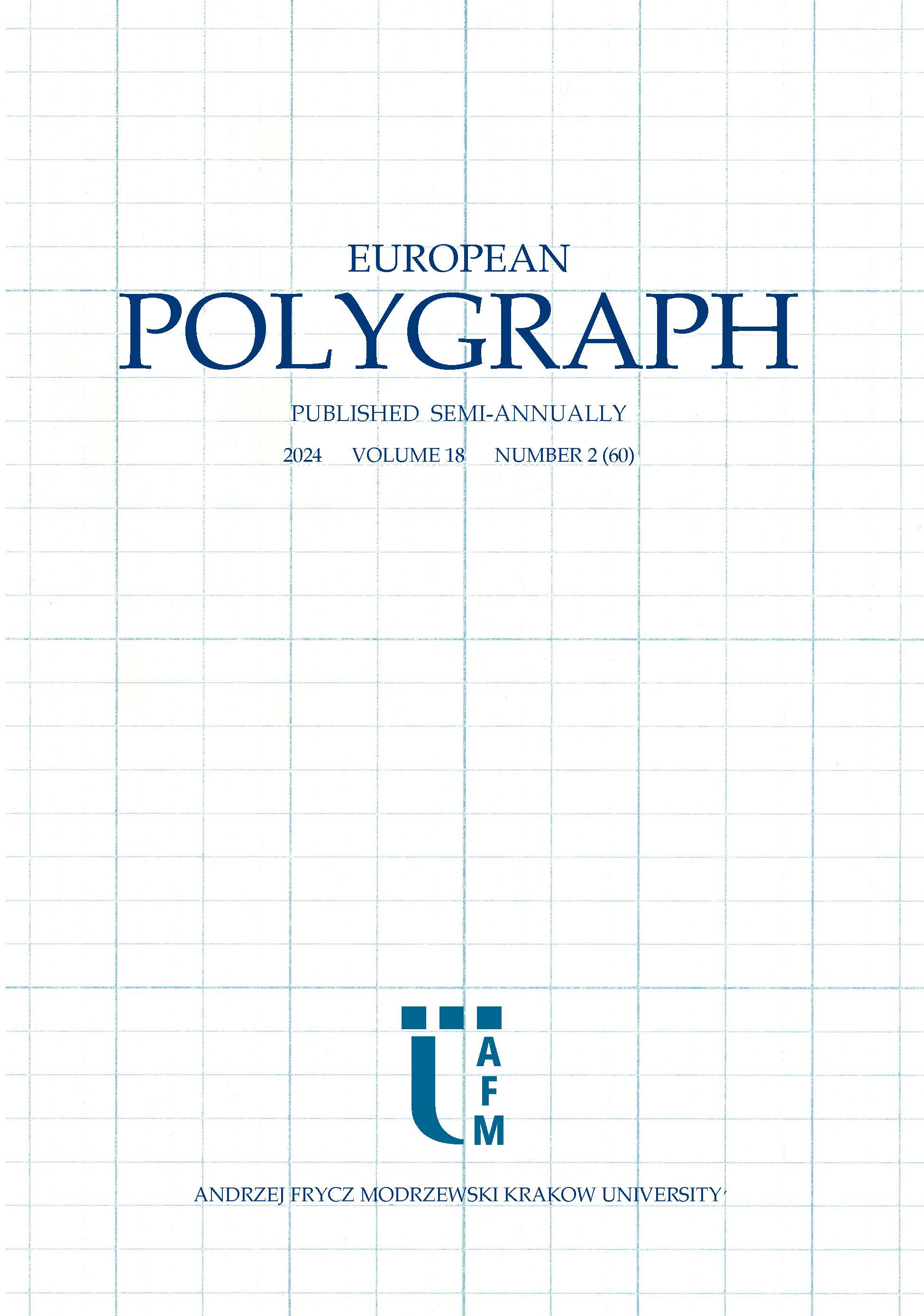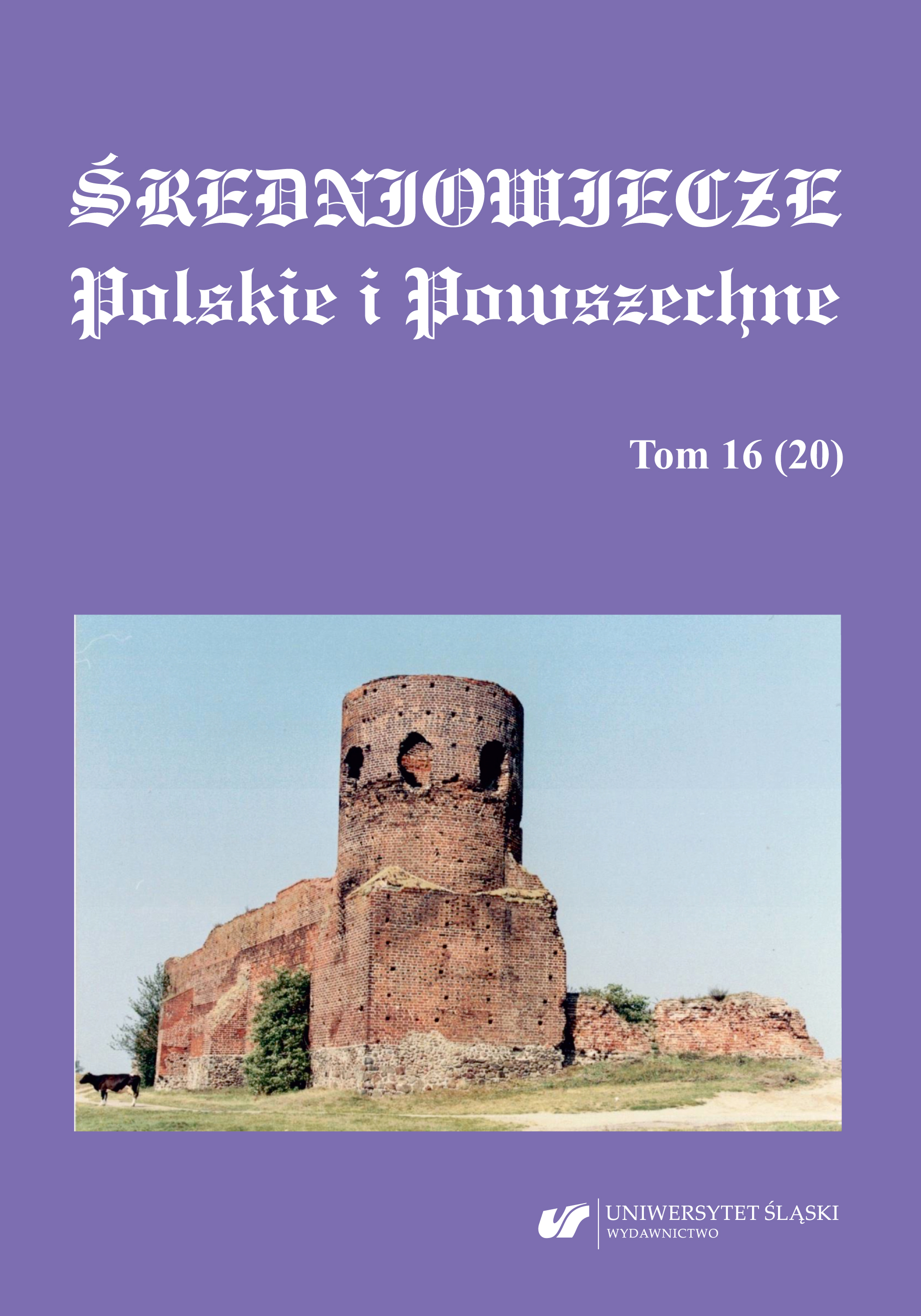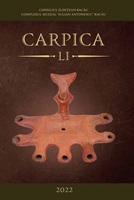
Lupta catolicilor din Moldova pentru drepturi civile şi politice (1859-1918)
The present research presents the fight for civil and political rights of the Catholics in Moldavia, it analyses the phenomenon of their emancipation (as part of the modern Romanian society) on different levels social, economical, political, educational, cultural. Therefore, the emancipation of the Catholics from Moldavia benefited, on a social-economical level, from the effects of the Agrarian Reform of 1864. They fought as peasants so that their Romanian citizenship and their rights and duties may be recognized, all of them were active participants in creating the Romanian Nation. Even though they always understood that emancipation meant rights (civil and political) and that rights come along with duties, acting in consequence, the members of this community were deprived of a series of political rights, such as those present in the electoral legislation, in which the essential conditions for the participation of the future citizen in the political life were wealth, the degree of education and culture. Therefore, since school in the 19th Century had to be an instrument of dissemination of language and culture, and cultural emancipation meant an essential premise of social and political emancipation, the author underlines the importance of these themes for the Catholics in Moldavia.
More...

